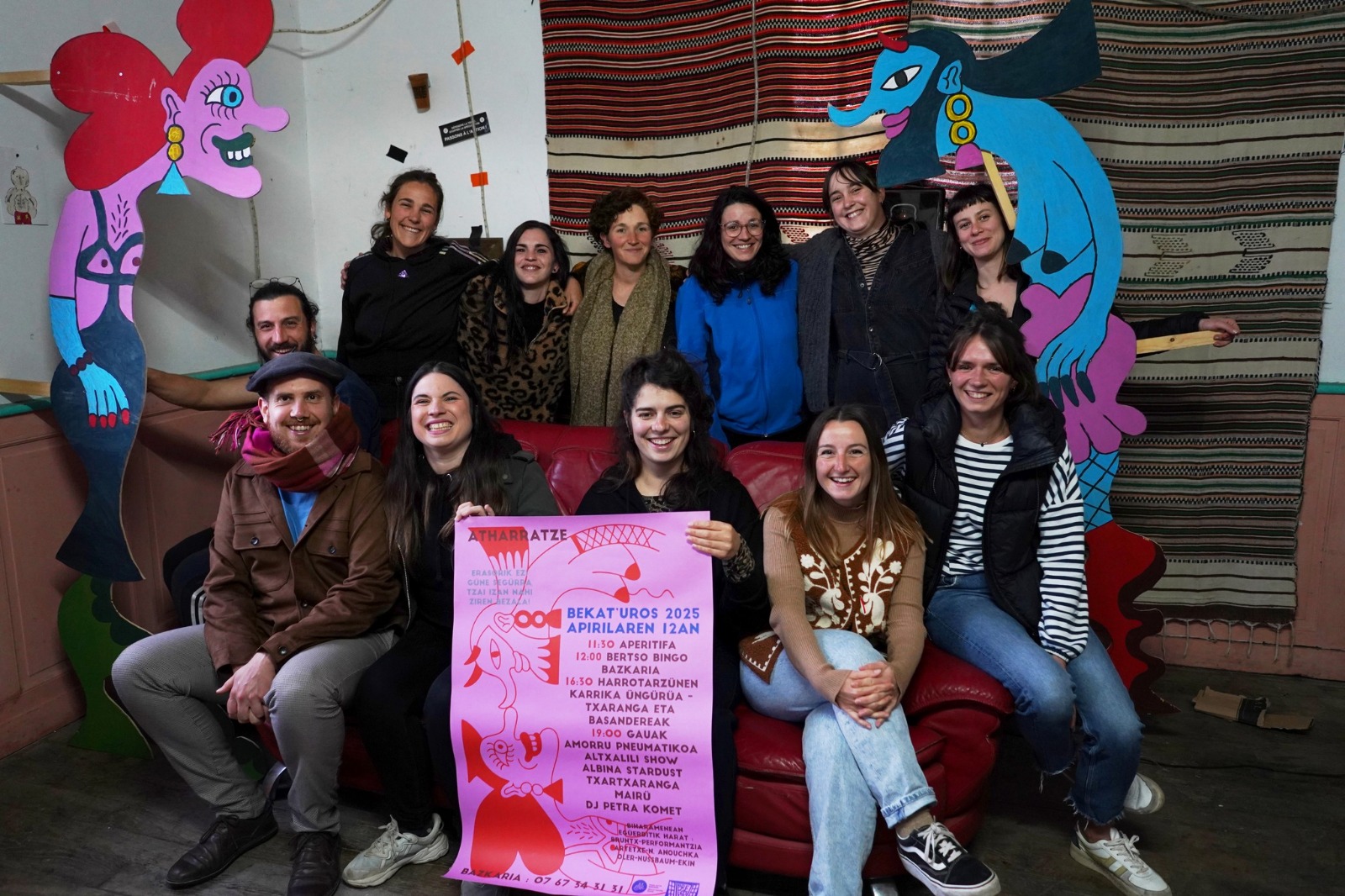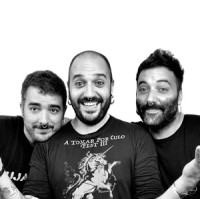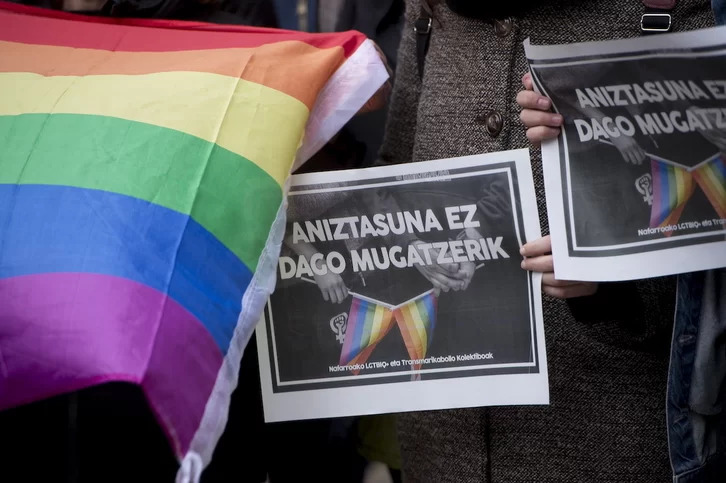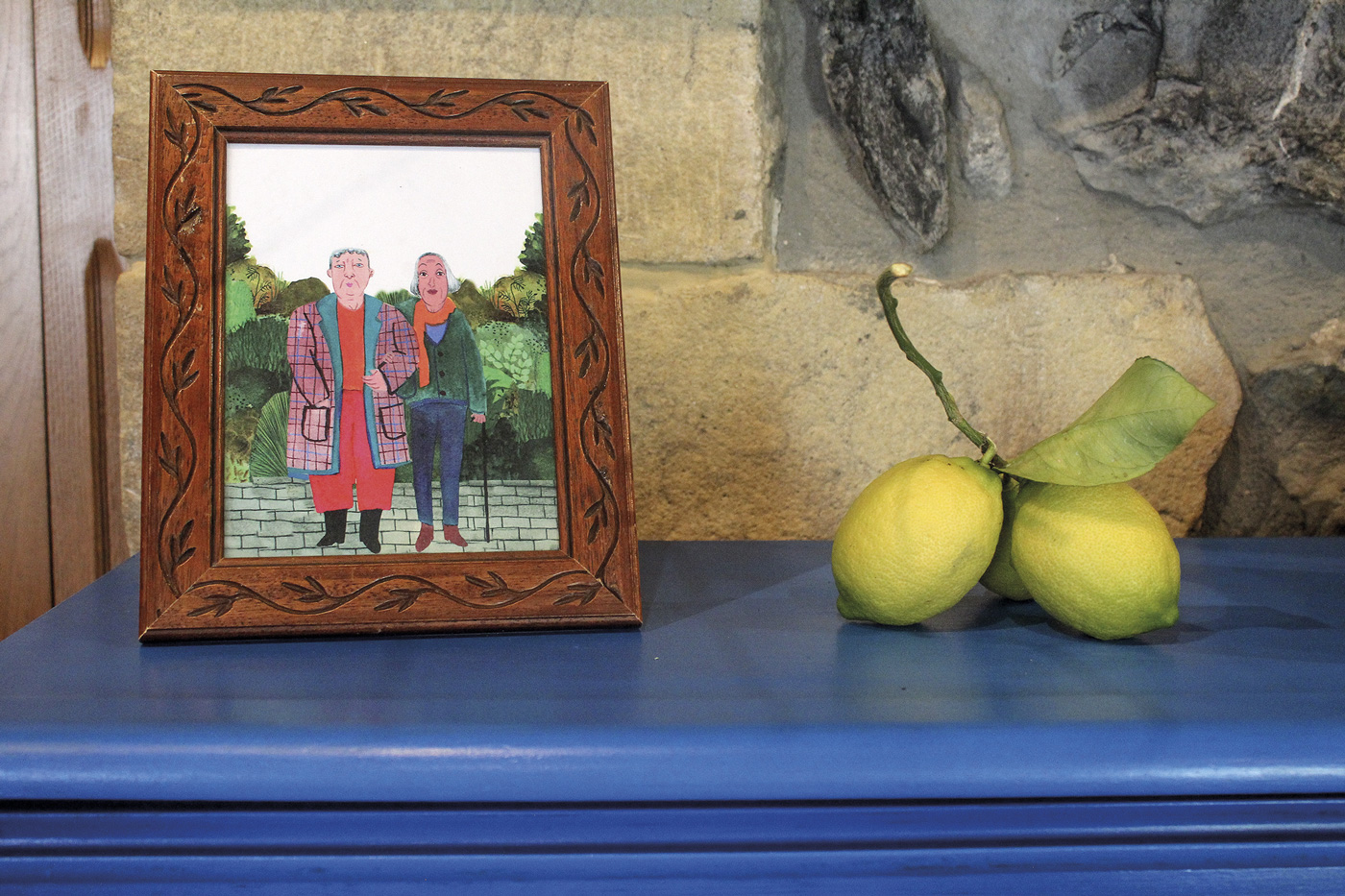Altering bisexuality in Basque culture
- Zinegoak, the international film and performing arts festival LGTBIQ+ 21 in Bilbao, will be held from 24 June to 1 July. Within the festival, for the second consecutive year, the Bizi Bisexuality project will take place. This project combines bisexuality with Basque culture. In addition to analysis and reflection, there will also be a party. On 22 June they will meet at the Bira Cultural Centre in Bilbao at 21:00. Maddi Ane Txoperena and Janire Arrizabalaga will offer a bertsos program, followed by the Albina Stardusten show. Starting at 22:30 DJ Eromena will brighten the corners of the Tour. The Bizi project has produced a specific report for this year’s Zinegoak. Members of life have analyzed the place of bisexuality in the Basque culture. In these lines you can read the report made in collaboration.

The second phase of the Bizi Bisexuality project aims at the study of Basque bisexual artists and their works, as well as the promotion of Basque culture.
Bisexuality Bizi is a project to awaken, stimulate and associate the Basque bisexual community. Thanks to the interviews conducted with the Basque bisexuals in 2023 and to the texts, illustrations and fanzine formed by themselves, we conclude the need to promote the Bia culture. Therefore, this has been the focus of the second year of the Bizi Bisexuality project.
Bisexuality can be represented through art in many ways, but what place does bisexuality occupy in Basque culture? How is bisexuality shaped? What roles and stereotypes are represented? What are the references? Is there a bisexual culture? Despite their difficulty, the respondents of the 2023 Bizi project have tried to answer these questions, as well as other bisexual people linked to culture.
The anti-racist activist Leo Bueriberi, who with the nickname DJ Eromena brings his precious non-binary pen to the dance halls, is pessimistic and critical: “I don’t think there is a bisexual culture in the Basque Country. It seems that it is the only label that we cannot use. A view of bisexuality is offered from heterosis, although there are different realities. It is not taken seriously, it is not taken as a goal.”
“With each movement of the waves he perceives how his vagabond gradually eats the penis, chewing, swallowing, as he caresses the breasts he is underneath, biting the nipples once he works, not the woman or the men, or the creature that both share.” It's a passage from the writer Alaine Agirre, from the book Cuajada Blood. The book tells the experiences of a person who is in the psychiatric ward, including the way in which he or she lives his or her desire. “The publication of this novel was the opening of the widest door in the closet,” said Aguirre in the interview for the Bizi Bisexuality project. In addition, my mother's book mentions the issue above other times.
These are examples of bisexual culture, but not unique. The Basque bisexual culture is hidden, marginal or isolated, although it seems that it does not exist, it exists. However, you have to explore it, observe it and read it between lines to find it. Edurne Errea, member of the Pamplona collective Biruña and the musical group Ilargi Berria is “excited” about the “hunger” that exists in the city to bring bisexuality to the center and culture and create referents: “In Euskal Herria, the seeds of the explosion of bisexuality are being planted, and that doesn’t turn back.”
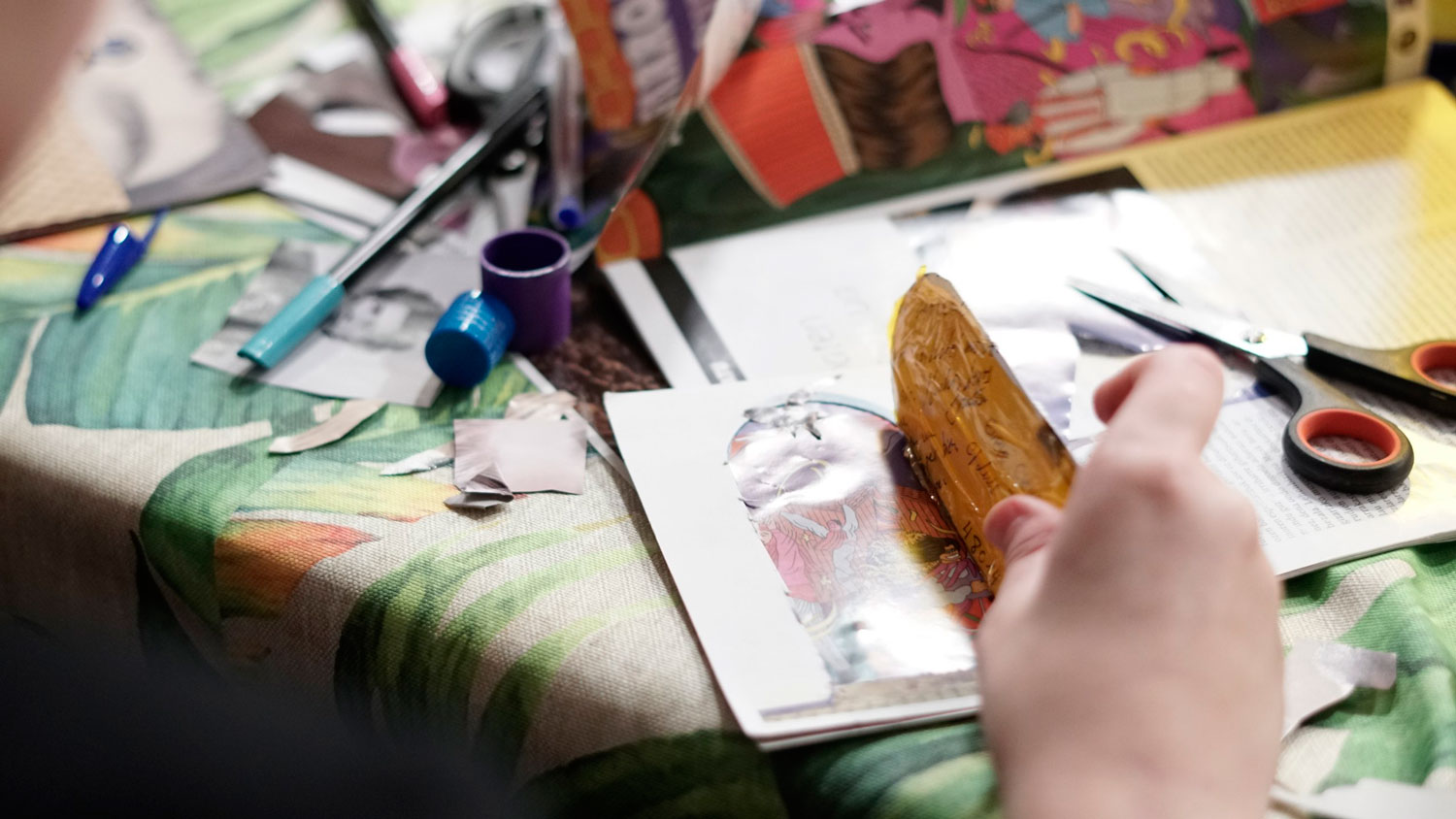
According to Nel Santaar Sanz, an activist at Ehgam Gorbeialdea and a member of the radio program Hala Bedi Anatema, bisexual culture in general has no cultural representation, neither in Euskal Herria, nor anywhere: “We have linked bisexuality to shame or something that has no political value.” Therefore, it considers it important to reclaim bisexuality and identify bisexuals: “The bisexual culture is not seen because the culture has been mixed with the transversality, the metric and the bun.” It adds that the contribution of bisexuality to culture must be acknowledged: “Along with the possibility of a more flexible understanding of sexuality, we have questioned traditional models of militancy, how we construct relationships, political subjects, the role of identity or individual practice in the challenges of the sexual liberation movement.”
Until recently, Errea has not had direct bisexual references, although he considers that they are gradually maturing: “Since sexual and gender dissidents occupy more space in Basque culture, bisexuality may have come indirectly.” I mean, not to mention bisexuality. Among others, he thanked the work done by Yogurinha Borova and the music group Hemen at: “I remember them as an island.” Remember the song "Sex Sua" by Hemen at:
Sex yes, sex yes
Safe and free
Sex yes, sex yes
Everything to enjoy.
There are so many Macedonian girls, really.
By the change of people
We have more and more streets
Men able to live gay
Don't forget, imposed by mononeurons.
They have the pattern we consider normal.
But some of us have already started screaming.
We are neither reactionary.
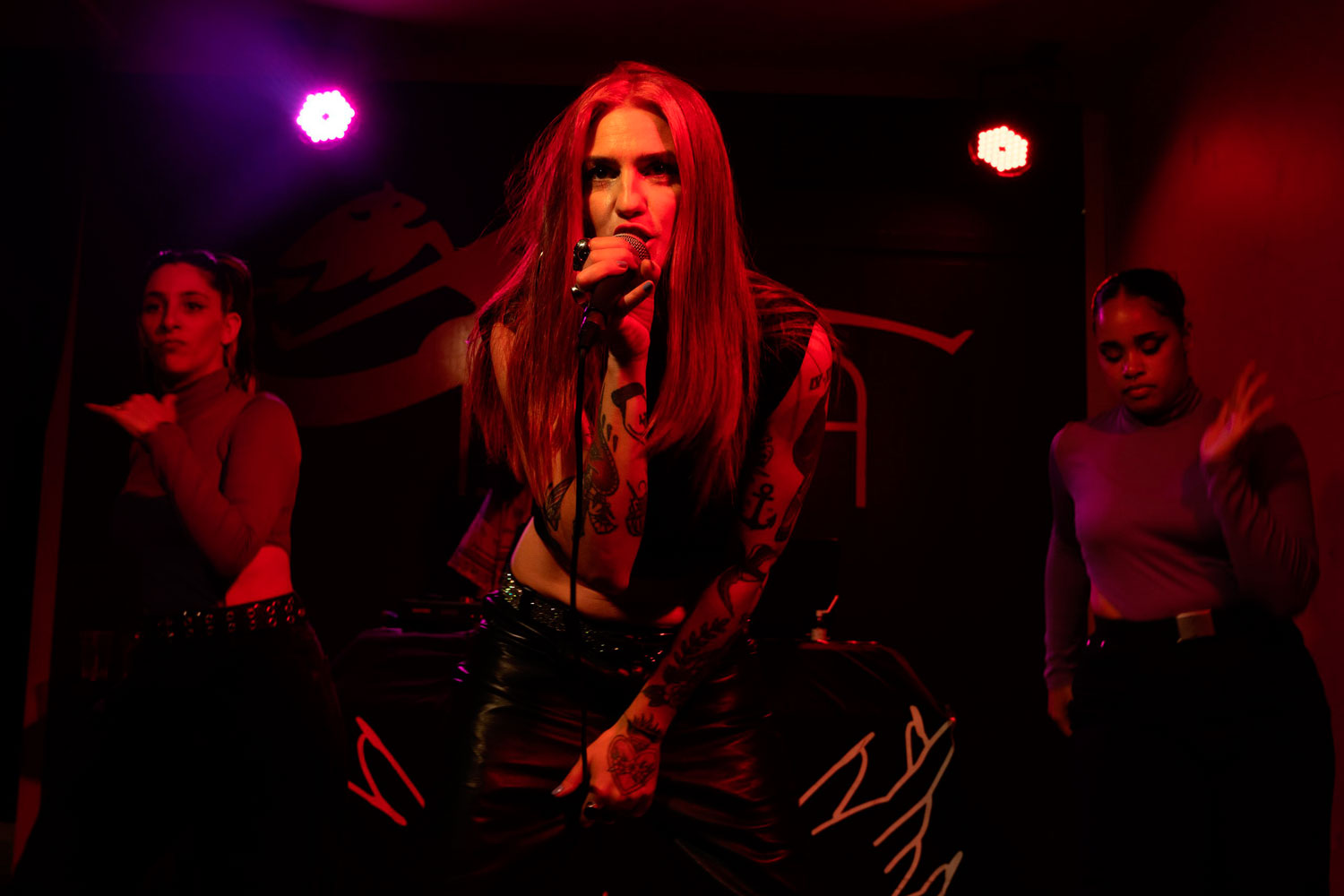
Yogurinhna Borova also indirectly mentions bisexuality in sexual and identity liberation. An example of this are, among many others, the songs Enjoy with whom you want and Free sensations. The first data for 2014 and the second for 2019. It's not the only one, there are other artists who claim in general sexual dissent from gender. Like Euskabaret, Altxalili and Ay Dragmela. There are those who, with their creations and their presence, make bisexuality visible. Examples are musicians La Furia, Miren Narbaiza (MICE), Olaia Inziarte, Cris Lizarraga, DJ Eromena, actress Maia Ansa, illustrator Eurie Cierbide, Divina Comedia drag and others.
The musical group Ilargi Berria consists of Erreak and Markel Gómez, and according to Erre it is not only what counts, but who counts it: “Harrotu, the LGTBI service of the City of Pamplona, asked us to offer a concert. He put the LGTBI concert on the poster, and we didn't know how to do it and which song to choose. In the end, we decide that we are bisexual people who are doing things and that through our offering we give visibility. We thought it was nice to bring this out of simplicity. It was nice to hear bisexual people singing.”
In Euskal Herria, actress Ahots Lejardi feels “shy” and “discreet” because of the “warm”, “apolitical” and “invisible” identity of bisexuality: “Culture is made to the extent that bisexuals exist and if we do it, then there is culture.” In fact, he highlighted that he has known very diverse artists: “I have met writers who represent an intense and beautiful visexuality in the literature, beautiful drags groups who live and celebrate the dual identity, bertsolaris who sing coplas to lovers at the bertso end, musicians who dance in their concerts with melodies and bisexual aesthetics, multidisciplinary artists who draw brushstrokes, roses, bulls and blues, bisexual dramas actively.” One example of this is one of the verses that Alaia Martín launched at the end of the 2022 Bertsolaris Championship:
Between arms slowly
becomes a cavia
complicity
thread
measured with heartbeat
flow and demand
we're two butterflies today
Today, I'm not a horse.
“Are you good at caress?”
Whispering phrase
previously tested
Meat of children (bis)
I have it with a girl
the second time.
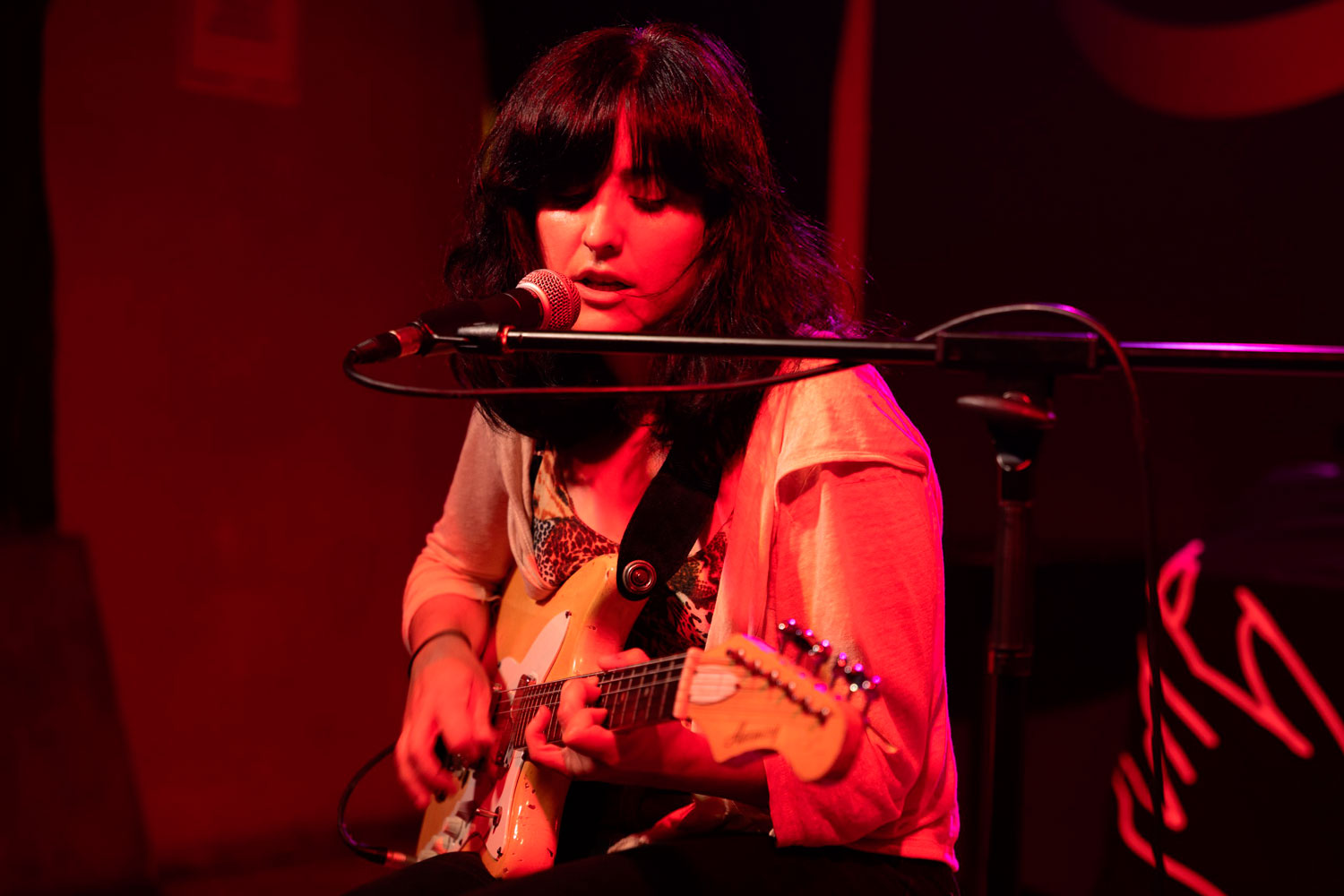
For Albina Stardust Eneko García Jaurena drag, although it has been “very hidden”, and still is, it is an identity that is increasingly being claimed and that has a “greater” visibility: “We are increasingly claiming that it is not a stage.” He adds that it is an identity that moves away from gender binarism: “We have always thought that bisexuality is the taste of men and women, today it is clear that it is not that and that many other identities come in.” He says that in art, more and more identities are claimed and that in audiovisual products, bisexuality is represented more and more “naturally”: “Increasingly more openly, I will not say better, bisexuals are reflected. In addition, the main issue is not that they are bisexual.” I mean, they have other plots.
However, he considers that the marica and vollera identities are “more” and that the roles are “more defined”. In the case of bisexuals, however, it is not as clear whether there is such a specific role: “When there’s a bisexual, it’s often portrayed as a mouthpiece or a marble, or a super-eccentric.” This also makes it difficult to identify them as bisexual.
Erika Salvatierra, a member of the Biruña group and a sexologist, has joined. He adds that he does not know what bisexual culture is, because he is not very clear about what bisexuality is. “I’ve been very stuck in the closet, I had a great biphobia and I didn’t know what was happening to me,” he explained. He considers bisexuality to be “fluid” and “multiple”. To explain it, he uses a metaphor that represents his own identity in the form of a house. This house has pink, blue or purple bricks: “It can be more feminized or masculinized. In the case of bisexual culture, it is something of a thousand colors, because we lose masculinity and femininity in a very variable way.”
Bisexuality is often the result of the dissolution of the identity of Vollera and Marica or of heterosexuality, as it is not mentioned. In a study, Zinegoak studied audiovisual works produced in the Basque Country in 2020-2022, which reflect sexual and gender diversity. Well, only 7.6% of the characters in these movies and series appear as bisexual, 36.2% are lesbians, 31.4% gay and 19% do not mention sexual orientation.
One example is the movie 80 egunean. Starring two old women: Axun and Maite. They are childhood friends who are in the hospital. Maite is married to a man and lives in the farmhouse. Axun has walked around and around and is a lesbian. When they reunite, Maite questions their sexuality and their relationship with Axun when he was young. The film tells very well the doubts that bisexuality may raise, but it does not mention bisexuality.
In 80 days, the film is not the only audiovisual example. Come on! Enara is bisexual of the series. At the beginning of the season he is with Igor and then with Zuri. Until Enara goes to the colonies, Zurik hasn't had another partner and doesn't say how she identifies herself. Therefore, there can be bisexual characters, but heterosexual or blurred mouths in the identities, while the mythic characters appear very defined.
It is also not easy in the literature to map bisexual characters; Basque editors and writers have been asked and have had difficulties to give references. Bakarne, by Karmele Jai, tells us about literature professor Amaia Alvarez Uria and author of the book Mariokerrak. The book Bekatorosa by the cartoonist Dom Campistron also collects the experiences of several bisexuals. The protagonist of the book Berriz zentauro by Katixa Agirre, Paula Pagaldai, is married to a man, but when she walks through virtual reality she uses the male abatar (Viktor) to realize her erotic desire with women. Another reference is Nagore Vargas, from the book Jenisjoplin:
“I had my old brothers Karra and Irantzu, one occasional for many years and one short but intense season, the other, and I was convinced that that gave us a kind of kinship. I didn't expect children, I was looking for my brothers, as much as I could. For me, sex was a kind of pact, to keep taking care of yourself outside of bed. I made every lover of me and vice versa, while we were getting bridges in nights that were exclusively shared with each other, that couldn't be stepped by anyone else. Salve, La Merced, La Ribera. Accessory bridges. Bridges always paired. In fact, our wording was a bit intractable.”
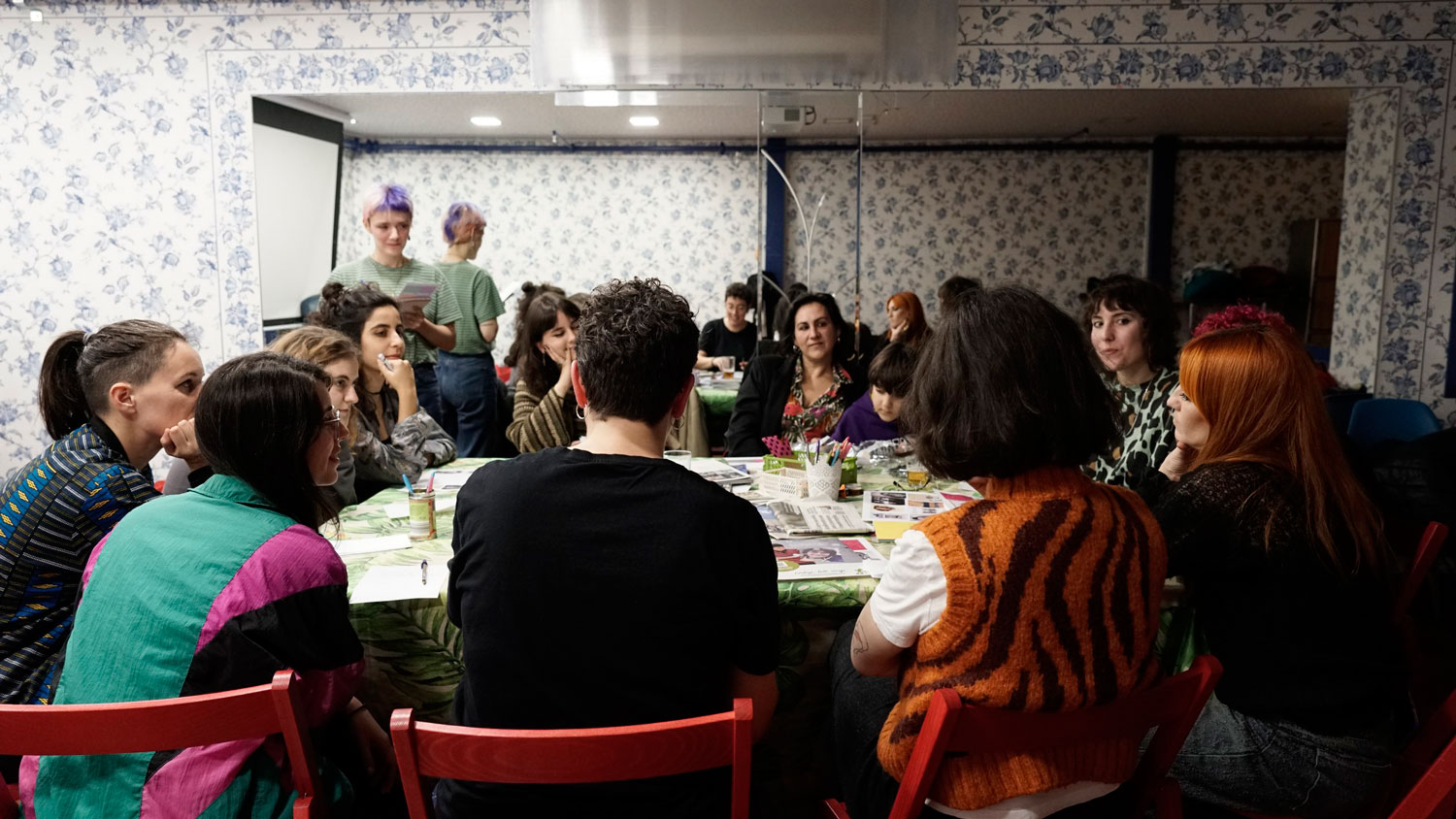
Uxue Alberdi has commented that in addition to this explicit reference, he consciously broke it with heterogeneous forms: “Nagore and Luka’s relationship is not based on sexual attraction in a special way, while eroticism continues to beep on their journey with Irantzu al Formente, when they go on a motorcycle or rub their skin with mud.”
Finally, Ainhoa, the protagonist of the second part of the transmedia project Black is beltza by Fermin Muguruza, maintains sexual relations with men and women. Moreover, he makes a quartet with three friends, two boys and a girl, in a scene that appears both in the film and in the comic book. It should be noted that in the comic book the kiss stands out among men. And it's that all the other references that we've mentioned are women.
For the music Oihana Rodriguez Akaleia, bisexual culture is directly related to people, to bisexual references and to the question of binarism: “That’s what bisexual culture builds. I know more and more people who, from an identity point of view, endanger gender binarism and, in general, binarism in many spaces of life.” Among the referents, the musical group Belako stands out.
Cris Lizarraga reported in the documentary Diverses the process he carried out to appear as bisexual on the stage. I stitched a bisexual flag in a concert with the intention of dressing like a shirt and asked her mother to help her give the final touch to the suit: “I took the time to explain that I am bisexual. So, I took the two steps at once: notify the family and go onstage with the flag.” Since then, Lizarraga has promoted, together with two friends, the collective Bilerabi in Bilbao and other members of Belaco have claimed bisexuality.
In 2023, Jokin Pedreño participated in the interviews held on the occasion of the Bizi project. As for the referents, Pedreño feels “orphaned” because he has hardly any referents. Therefore, he believes that bisexuals should unite and create their own culture: “Otherwise we will always be biased and not refer.”
The Leioa School of Education was full of students last Wednesday because Samantha Hudson was coming. She is a transgender Mallorcan artist, singer and influencer born in 1999. The star of the People Singing Encounters had an endless line to give selfies and autographs, and his... [+]
Transfeminism has brought clarity and complexity to discussions about bodies, genders and desires. It also created shadows. In the name of a supposed radical political coherence – often linked to a very specific hegemony – some transfeminist discourses reproduce logics of... [+]
Bilbo, 1954. Hiriko Alfer eta Gaizkileen Auzitegia homosexualen aurka jazartzen hasi zen, erregimen frankistak izen bereko legea (Ley de Vagos y Maleantes, 1933) espresuki horretarako egokitu ondoren. Frankismoak homosexualen aurka egiten zuen lehenago ere, eta 1970ean legea... [+]
"Pornografiaren aurrean nola esku hartu. IKTen erabilera nerabeen eta gazteen sexualitateen arretan: errealitateak eta aukerak" ikastaroa emango du Ane Ortiz Ballesterosek (1989, Bilbo). Sexologoa da bera, Training sexologia klinikoan, Genero Berdintasun Teknikaria eta... [+]
1984an ‘Bizitza Nola Badoan’ lehen poema liburua (Maiatz) argitaratu zuenetik hainbat poema-liburu, narrazio eta eleberri argitaratu ditu Itxaro Borda idazleak. 2024an argitaratu zuen azken lana, ‘Itzalen tektonika’ (SUSA), eta egunero zutabea idazten du... [+]
La bajona kolektibo kide Heiko Elbirak salatu du psikiatriak zisheteroarautik aldentzen diren erotikak kontrolatu nahi dituela.
Young people start consuming pornography before, as porn is their only sex education. How on earth have we come here?
Today, it has to be acknowledged that thanks to the Internet it is much easier to see pornography. Unfortunately, through a click, the 7-9 year-old boy comes to... [+]








